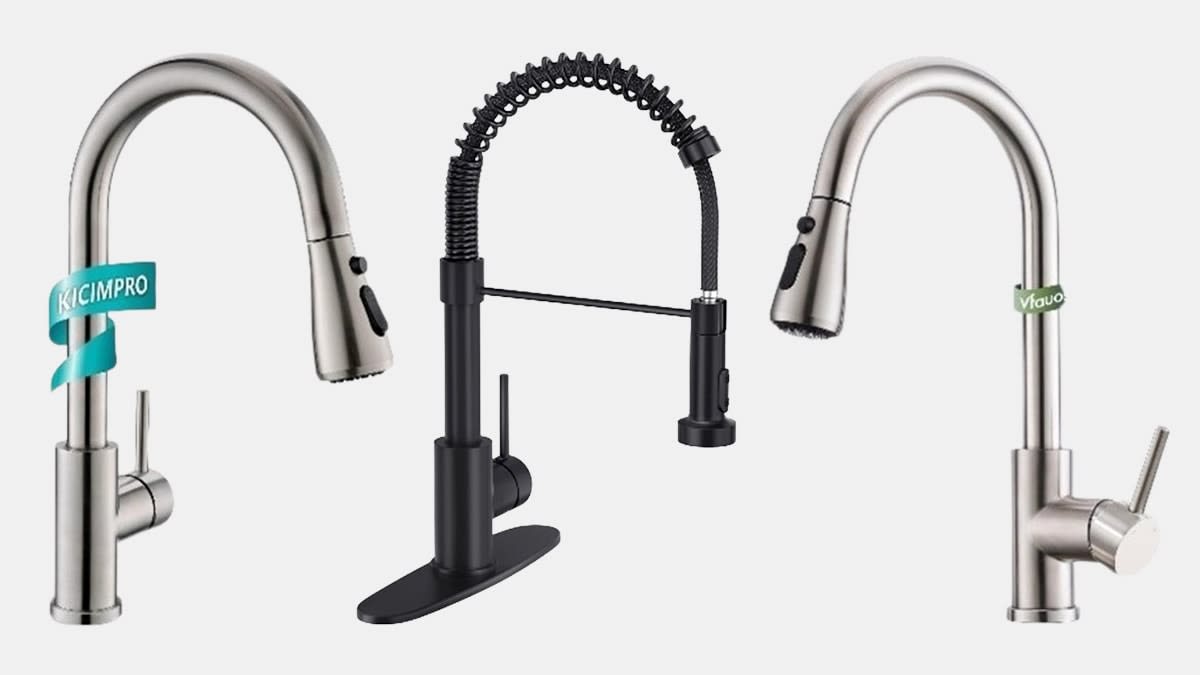
Check for certification. A quality mechanic and shop should be certified by the National Institute for Automotive Service Excellence (ASE). To become certified, technicians need to pass one or more of ASE’s 52 tests. To remain ASE Certified, the technician must be retested every five years.
Check with the Better Business Bureau. Auto repair shops rank 16th on the Better Business Bureau’s list of companies that get complaints. Go to the bureau’s website to check on any repair shops you’re considering.
Ask the shop about its experience. “In my experience, it was rare for people to reach out to us and have a discussion about the services we offered before they brought their car in,” says Michael Crossen, a mechanic at CR’s Auto Test Center who is also an ASE-certified master technician with years of experience working in dealership service departments. “Make sure to ask if they have experience working on your car model.” Ask about the kind of work they do, such as quick service, oil changes, and brake pad/rotor changes, or if they have a more skilled technician who can handle electronic components and driveability diagnoses. While those are more involved services that you may not need right at the moment, you might need them in the future.
Give the shop a trial run. When you’ve narrowed down your choices to a few shops, try them out for smaller repairs or maintenance work, such as oil or filter changes. Note how well the mechanics treat your car and how well they communicate with you. Ibbotson says this approach allows you to develop rapport with the shop, and gives its technicians an opportunity to get to know your car, its service schedule, and any developing problems it may have.
Ask about warranties. See whether the shop stands behind its work with a guarantee of some kind. To compare shops, inquire about their warranty for a common repair, such as brake work. “A good shop will have a minimum 12-month, 12,000-mile warranty on most repairs, and even longer on others. This is how you can ensure that the shop stands behind their work and the parts they’re using,” says RepairPal’s Long.
The Federal Trade Commission has helpful information on auto warranties and service contracts.









